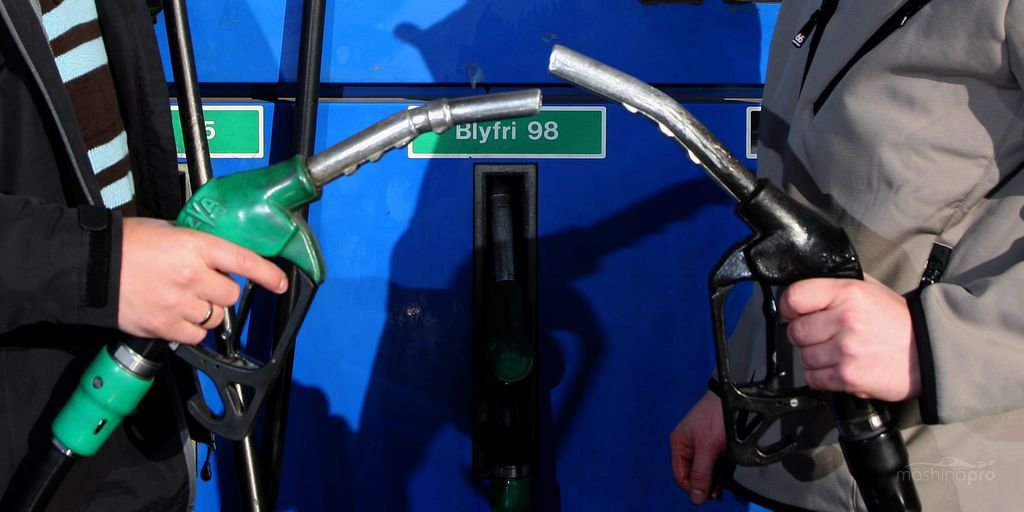

When selecting vehicles for a business fleet, one of the key issues - the choice between petrol and diesel engines. Both options have their advantages and disadvantages, and the decision depends on the specifics of the company’s operations, the nature of the trips, the budget, and other factors. Let’s explore the main aspects of comparing petrol and diesel engines in terms of performance, operating costs, and durability.
Performance
Petrol Engines
Petrol engines tend to provide smoother and quieter driving experience. They accelerate faster due to higher power output per engine volume, making them attractive for urban trips where frequent stops and accelerations are required. Petrol cars are also easier to start at low temperatures, which can be an important factor in colder climates.
Diesel Engines
Diesel engines, in contrast, are characterized by greater tractive power and higher fuel efficiency under heavy loads. They are particularly effective for long-distance trips and transporting heavy cargo. Diesel engines perform better at high RPMs, making them the preferred choice for commercial cars and trucks. However, they may be noisier and have a harsher ride than their petrol counterparts.
Operating Costs
Fuel Cost
One of the key factors when choosing between petrol and diesel is the cost of fuel. In most countries, diesel fuel is cheaper than petrol. However, this advantage may be offset by the higher initial cost of diesel engines and their maintenance.
Maintenance and Repair
Petrol vehicles generally have lower regular maintenance costs due to the simpler design of petrol engines. Petrol engines are also cheaper in case of breakdowns, as they contain fewer specific components.
Diesel engines, on the other hand, require more frequent and expensive maintenance. For example, changing fuel filters, cleaning injectors and other operations to maintain the efficiency of the fuel system can be quite costly. However, it's worth noting that diesel engines are less likely to need repairs as they tend to be more durable.
Longevity
Petrol Engines
Petrol engines have a shorter lifespan compared to diesel engines. This is due to greater wear on components under intense usage. On average, a petrol engine can last from 150,000 to 250,000 kilometers with proper maintenance.
Diesel Engines
Diesel engines are known for their longevity. With proper maintenance, they can last over 500,000 kilometers, making them particularly attractive for commercial fleets, where vehicle durability is crucial. This factor is essential for companies looking to use their vehicles for a long period of time without the need for frequent fleet upgrades.
Economic Benefit for Businesses
When choosing between petrol and diesel vehicles for a business fleet, it’s important to consider not only initial costs, but also long-term operating and maintenance costs. If the fleet is primarily used for short urban trips, where maneuverability and low maintenance costs are important, petrol vehicles may be the best option.
However, for companies whose business involves frequent long trips and freight transport, diesel vehicles can be a better investment due to their fuel savings and longer service life. Diesel vehicles also provide better performance under heavy loads, which can be critical for certain types of businesses.
Environmental Aspects
Petrol engines generally emit fewer harmful emissions than diesel engines. However, they produce more carbon dioxide (CO2), which contributes to the greenhouse effect.
Diesel Engines
Modern diesel engines are equipped with exhaust cleaning systems that significantly reduce harmful emissions, such as nitrogen oxides (NOx) and particulate matter. Nevertheless, despite technological improvements, diesel engines are still considered less environmentally friendly than petrol engines, especially in urban settings where the environmental load is higher.
The choice between petrol and diesel vehicles for a business fleet depends on many factors, such as the nature of use, budget, expected mileage and performance requirements.
Each company should consider its unique needs and select vehicles that best align with its business objectives.
